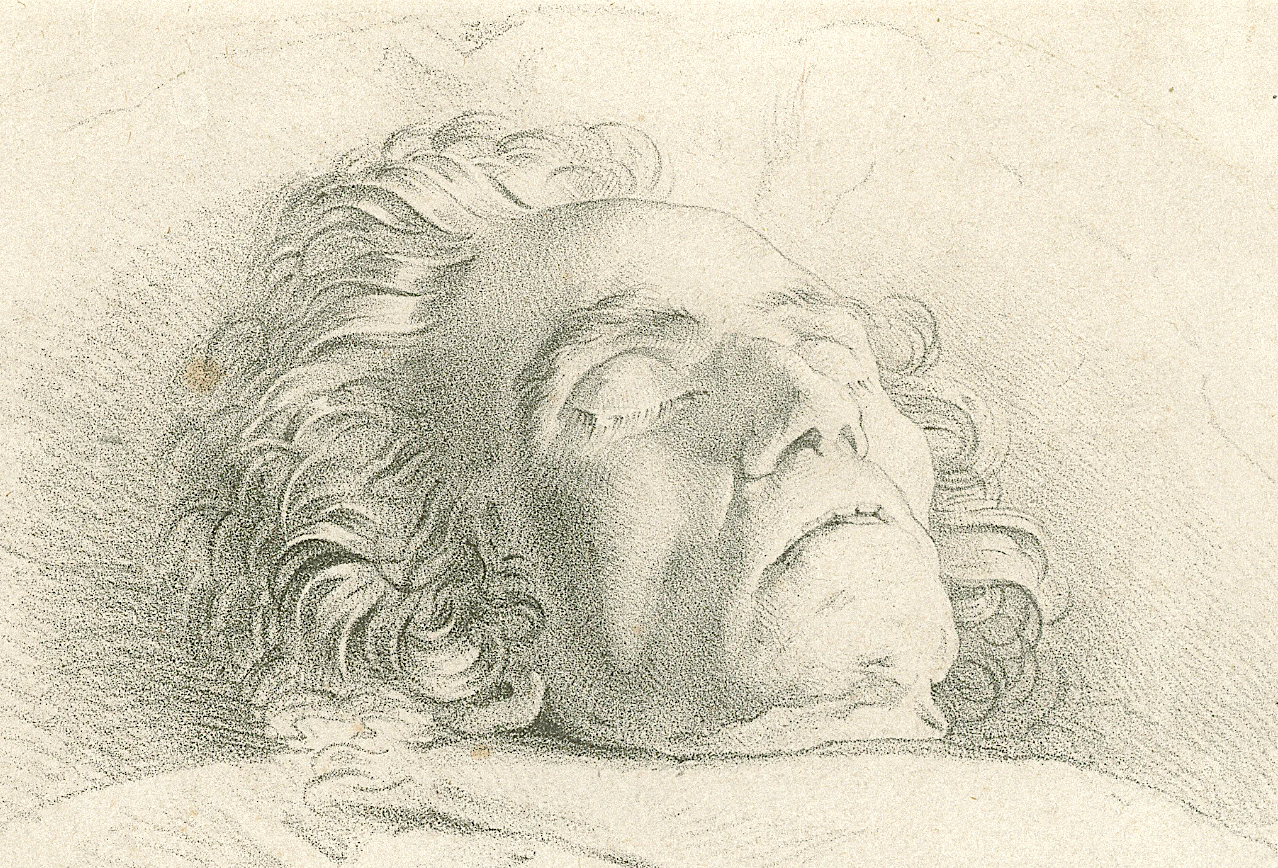
Despite the intense scrutiny paid to the life and work of Ludwig van Beethoven for a couple of centuries now, the revered composer still has certain mysteries about him. Some of them he surely never intended to clarify, like the identity of “Immortal Beloved”; others he explicitly requested be made public, like the cause of his death. The trouble is that, for generation after generation, nobody could quite figure out what that cause was. But recent genetic analysis of his hair, which we first featured last year here on Open Culture, has shed new light on the matter of what killed Beethoven — or rather, what increasingly ailed him up until he died at the age of 56.
This effort “began a few years ago, when researchers realized that DNA analysis had advanced enough to justify an examination of hair said to have been clipped from Beethoven’s head by anguished fans as he lay dying,” writes the New York Times’ Gina Kolata.
With the genuine samples separated from the frauds, a test for heavy metals revealed that “one of Beethoven’s locks had 258 micrograms of lead per gram of hair and the other had 380 micrograms”: 64 times and 95 times the normal amount, respectively. Chronic lead poisoning, possibly caused by Beethoven’s habit of drinking cheap wine sweetened with “lead sugar,” could have caused the “unrelenting abdominal cramps, flatulence and diarrhea” that plagued him in his lifetime.
It could also have hastened the deafness that had become nearly complete by age thirty. “Over the years, Beethoven consulted many doctors, trying treatment after treatment for his ailments and his deafness, but found no relief,” Kolata writes. “At one point, he was using ointments and taking 75 medicines, many of which most likely contained lead.” Alas, the true danger of lead poisoning, a condition that had been acknowledged since antiquity, wouldn’t be taken seriously until the late nineteenth century. According to the research so far, even this degree of lead exposure wouldn’t have been fatal by itself. But with a bit less of it, would Beethoven have completed his tenth symphony, or even continued on to an eleventh? Add that to the still-growing list of unanswerable questions about him.
Related content:
The Secrets of Beethoven’s Fifth, the World’s Most Famous Symphony
The Math Behind Beethoven’s Music
Read Beethoven’s Lengthy Love Letter to His Mysterious “Immortal Beloved” (1812)
Based in Seoul, Colin Marshall writes and broadcasts on cities, language, and culture. His projects include the Substack newsletter Books on Cities, the book The Stateless City: a Walk through 21st-Century Los Angeles and the video series The City in Cinema. Follow him on Twitter at @colinmarshall or on Facebook.


Leave a Reply